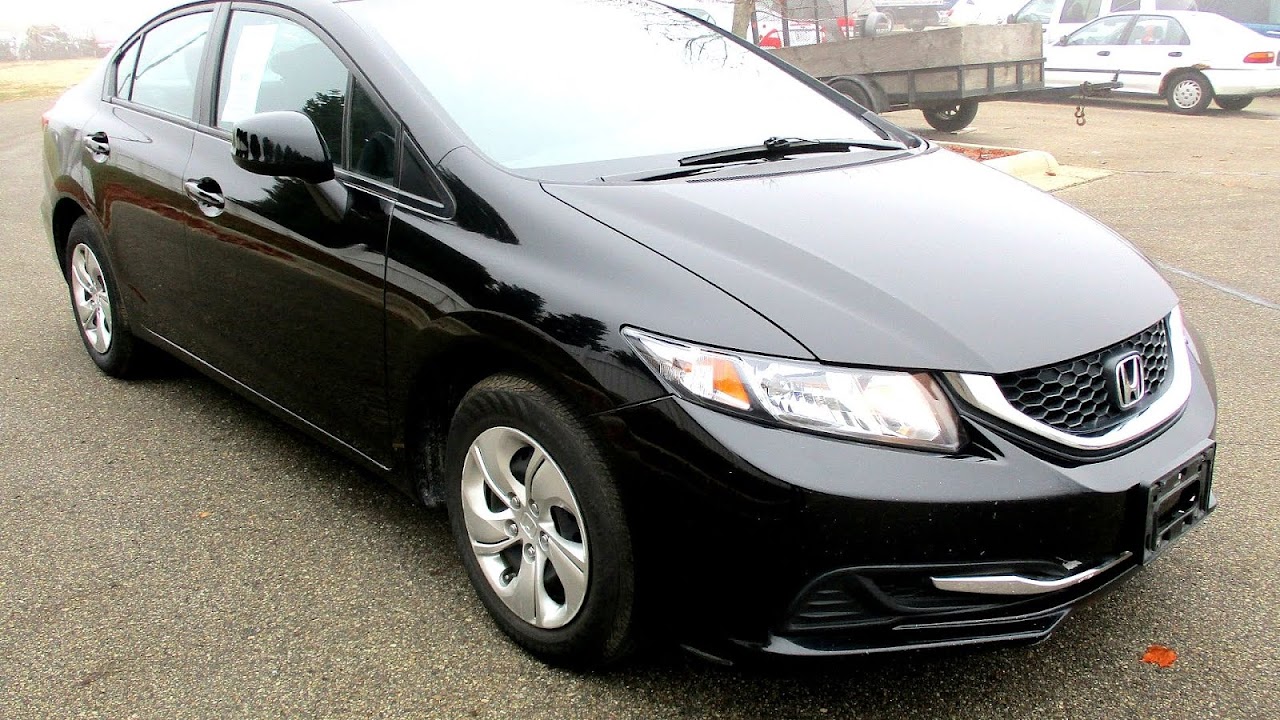
Pillars are the vertical or near vertical supports of a car's window area or greenhouse--designated respectively as the A, B, C or (in larger cars) D-pillar, moving from the front to rear, in profile view.
The consistent alphabetical designation of a car's pillars provides a common reference for design discussion and critical communication. As an example, rescue teams employ pillar nomenclature to facilitate communication when cutting wrecked vehicles, as when using the jaws of life.
The B pillars are sometimes referred to as "posts" (two-door or four-door post sedan).

Maps, Directions, and Place Reviews
Design
In the case of the B (or center) pillar on four-door sedans, the pillar is typically a closed steel structure welded at the bottom to the car's rocker panel and floorpan, as well as on the top to the roof rail or panel. This pillar provides structural support the vehicle's roof panel, as well as designed for latching the front door and mounting the hinges for the rear doors.
As the most costly body components to develop or re-tool, a vehicle's roof and door design are a major factor in meeting safety and crash standards. Some designs employ slimmer, chamfered windscreen pillars, A pillars, to help improve driver vision (thus reducing blind spots) through the use of stronger alloy steel in these components. As "perhaps the most complex of all the structures on the vehicle", the center or B-pillar may be a multi-layered assembly of various lengths and strengths.
Closed vehicles without a B-pillar are widely called hardtops and have been available in two or four-door body styles, in sedans, coupes and wagons. Designs without a center or "B" pillar for roof support behind the front doors offer increased occupant visibility, while in turn requiring underbody strengthening to maintain structural rigidity. In the early 1970s, General Motors broadened their definition of "hardtop" to include models with a B-pillar although: "up to then, everybody thought a hardtop was a car without a center pillar."
Pillars are implied, whether they exist or not; where a design's greenhouse features a break between windows or doors without vertical support at that position, the non-existent pillar is "skipped" when naming the other pillars. Thus a two-door hardtop or a three box designed coupé could have its rearmost pillar called the C-pillar even in the absence of a B-pillar. Conversely additional doors, such as on limousines, will create additional B-pillars; the B-pillars are then numbered, B1, B2, and so forth.
In addition to the pillar nomenclature derived from viewing an automobile in profile, some older cars have a two-part windshield or a split rear window, with the two halves separated by a pillar. Posts for quarter windows (a smaller window typically between the front window and the windshield) are not considered a named pillar.
Source of the article : Wikipedia


EmoticonEmoticon